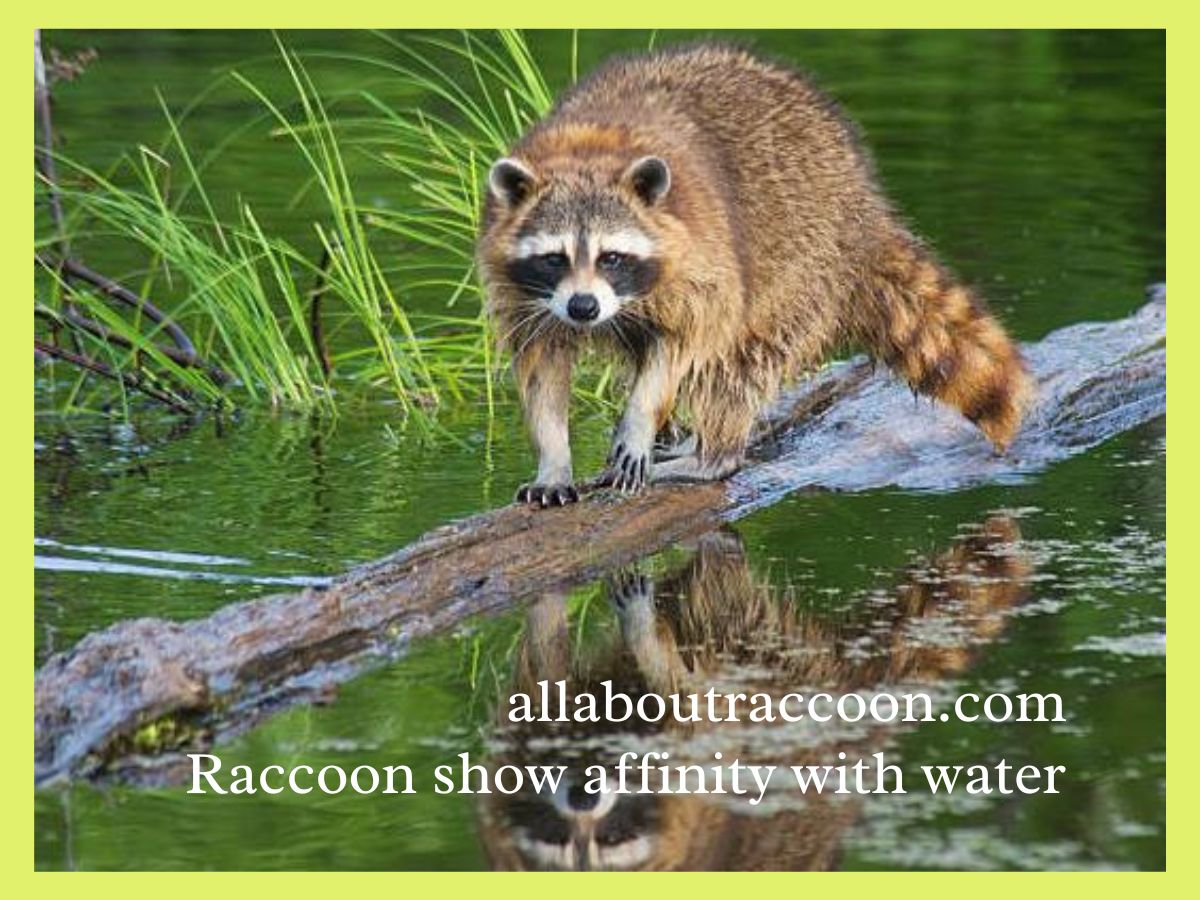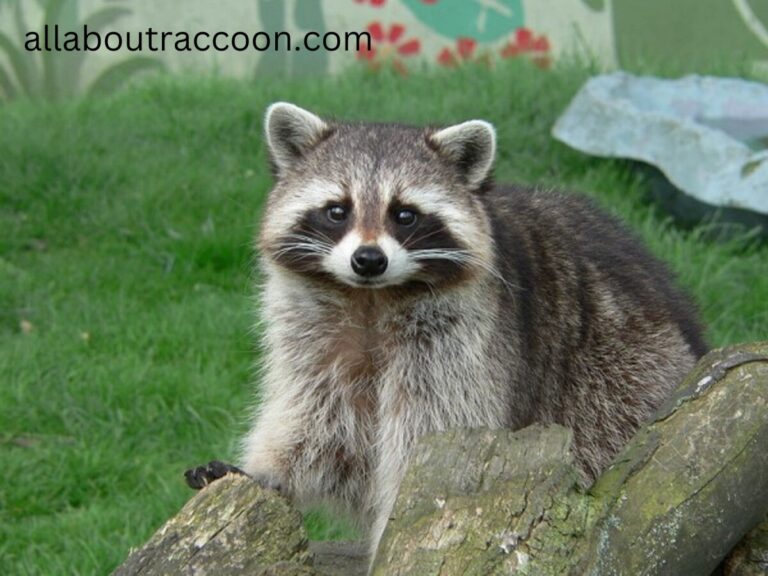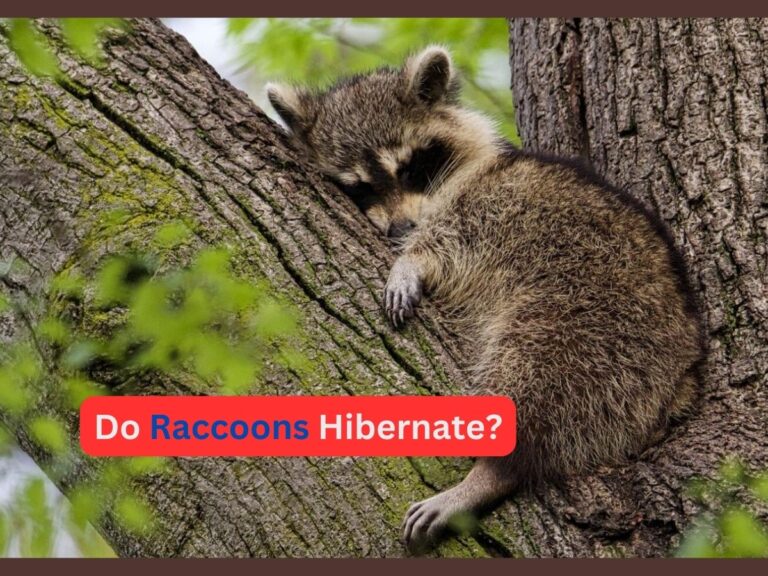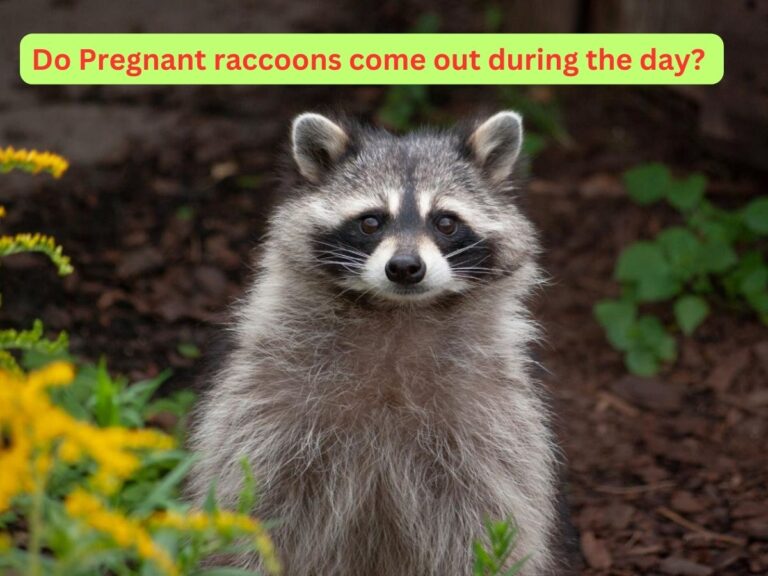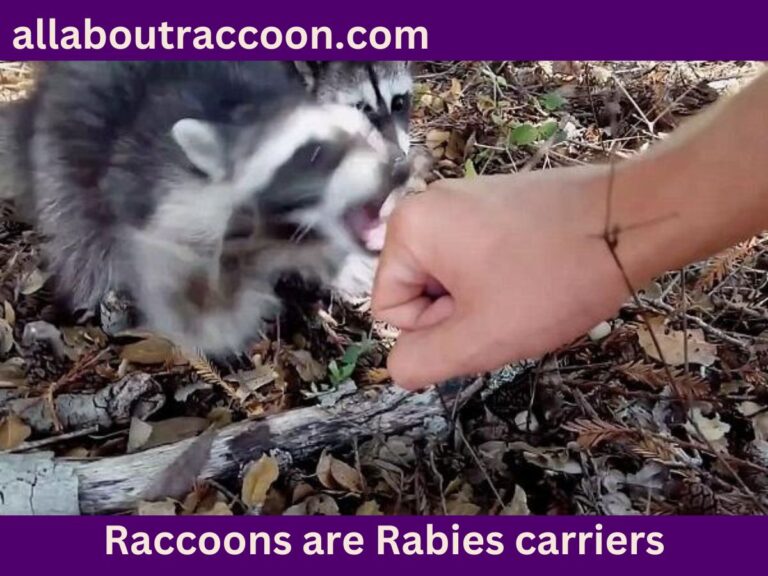Do Raccoons like water?-Extraordinary Benefits
Do Raccoons like water? Why do raccoons like water? Are raccoons water lovers? Why do raccoons have a great affinity with water? How much time do raccoons spend in the water? Do they know how to swim? Do raccoons are afraid of being drowned?
These are frequently asked questions about raccoons’ behavior around water. The question of whether raccoons have an affinity for water is a topic of ongoing debate among wildlife enthusiasts and researchers.
You’ve arrived at the right resource if you’re seeking answers to similar questions. In this article, we’ll discuss their interesting behavior and find out if they have a fondness for water or if they tend to avoid it. So get ready to discover interesting facts about how raccoons behave around water…
Do raccoons like water?-But why?
Do Raccoons like water? Yes, absolutely they like water. In fact, it would not be wrong to say that they are water lovers. Thus, they spend several hours in the water. They prefer to live in a habitat near water bodies like swimming pools, ponds, rivers, lakes, streams, and any other kind of water body. Therefore they are mostly seen to hanging around water bodies due to their attraction to water.
Now the question comes to mind why do they like to live near water? The precise answer is that raccoons get a variety of benefits from water. And obviously, raccoons love water due to some authentic reasons. They get food; take baths; drink water; get protection against predators; and many more. Therefore they often present around water bodies
Can raccoons swim in water?
Research shows that raccoons can swim about 5 km/h(kilometer per hour) in water. The breathing mechanism of raccoons is designed in such a way that they can survive underwater with a little amount of oxygen.
Moreover, raccoons can stop their breath for approximately 36 minutes. And no doubt this is enough time to get escape from potential predators and also to catch water prey like fishes, frogs, crustaceans, etc. Moreover, they can dive into the water at a depth of 5 feet(1.5 meters).
Basically, raccoons mostly like to swim in shallow water, because they get afraid of deep water as they can’t see properly to bottom. Therefore they have mostly been attracted t human pools or ponds.
What are the main reasons behind raccoons’ affinity for water?
Raccoons have a natural attraction to water. Thus, they show an affinity for water. But why? Here are described some key reasons that explain why raccoons have a strong affection for water. So let’s know it.
Food resources:
Raccoons’ love for water can be attributed to their ability to find food in aquatic environments. They are capable to remain in the water for enough time in searching for food. Thus it would not be wrong to say that, it’s a strong point of their affinity with water.
Raccoons are omnivorous and have a variety of food including plants and animals. If there is a scarcity of food outside, then definitely raccoons dive into the water using their remarkable swimming skills and take their prey.
Mostly they eat fish, frogs, crustaceans, snails, and clams. Raccoons have a fascinating eating behavior that leaves us in awe. It’s amazing how they can enjoy swimming and catching their prey at the same time.

Drinking water:
Raccoons have a vital need to drink water every day to keep themselves healthy. Therefore, it is essential to have a permanent source of water nearby them. This leads them to drink water from water resources along their eating food. They happily drink water from lakes, ponds, rivers, streams, etc. The only water they avoid is saltwater.
Basically, raccoons drink up to 930 ml of water within a day. It’s the amount of more than four times of an average human. Thus they drink water to quench their thirst. So, it’s a second main point of their affinity with water.
The secret behind wetting the food:
Raccoons often wash their food in water, and scientists are still uncertain about the exact reasons for this behavior. However, it is believed that raccoons may wash their food to get rid of dirt or parasites as they are intelligent and genius by nature. Moreover, wet food is better to sense the texture of their food.
So, raccoons use water to wet their food before consumption. As the water touches the food it becomes moistened. Basically, moistened food is better understandable by raccoons. The reason is that their paws(hands) possess remarkable sensitivity, allowing them to sense in a better way what they are eating.
Protection from predators:
Raccoons are well-suited to water, which helps them stay safe from potential predators. Their ability to adapt water to aquatic environments contributes a lot to their protection. They possess webbed feet and thick fur, enabling them to effortlessly float and navigate through water with remarkable efficiency.
Thus, the adapted behavior of this curious creature in water is very helpful to keep them safe from potential predators like :
- Coyote
- Wolf
- Bobcats
- Bears
- Great horned owls
- Snakes
- Alligators, etc.
If raccoons find themselves being chased by predators, they have a smart strategy to stay safe from their attack. Hence, they take shelter in water very immediately. In fact, water acts as a protective haven for raccoons when they are in danger. Basically, water allows them to get escape from potential predators and outsmart their pursuers(alligators, owls, bears, etc.).
Taking Bath:
Raccoons are known as clean animals in wildlife. They keep themselves washed and free from dust. So occasionally they need to take a bath in water. So in this aspect, water is a pivotal element of their lives. It offers many benefits to raccoons at the same time. Sometimes raccoons like to play in the water.
Do raccoons drown?–When they are in water?
Raccoons are excellent swimmers and floaters. They can keep their heads above their webbed toes to help them paddle smoothly. These unique skills have enabled them to live in a better way in the habitats of North America, where they live near lakes, rivers, streams, and ponds.
Raccoons can swim comfortably in extremely cold weather due to their skin, containing 85% fur. Raccoons can hold their breath for long periods and come up for air when needed. So raccoons don’t drown during swimming.
Important steps to be taken by homes owners:
It is crucial for homeowners to be cautious if they have a fish pond on their property.
- Safeguard your fish ponds from raccoons by installing protective wires. It’s an effective technique to keep raccoons away from water ponds.
- Remove the food particles from your property to keep raccoons away.
- Feed your pets inside your house. Seal well your garbage cans.
- You may use some repellents to keep raccoons away from your house. Spray with water mixed with ammonia or red chili. It acts as a repellent.
- Contact wildlife removal experts.
Conclusion:
It is concluded that raccoons like water, in fact, it would not be wrong to say that they love water. In wild areas, they choose a site that is close to water. Raccoons are excellent swimmers and floaters.
No doubt raccoons get multiple benefits from water. They get food and drinking water from water resources. Further, they moistened their food to get more sensation about food.
Moreover, they take a bath in water to keep their body clean and free from dust particles. Besides it, these masked bandits get escape from potential predators by hiding them in water.
FAQs:
Yes, raccoons are excellent swimmers. They can swim very efficiently in the water. Their breathing mechanism is designed in such a way that they can stop their breathing for approximately 36 minutes. They can swim at the speed of 5 km/h.
They are omnivorous, they eat a variety of food containing plants and animals. Mostly they water food such as crawfish, frogs, snails, clams, and crustaceans. They also love to eat fruits, eggs, insects, and vegetable nuts, even dead animals like squirrels, frogs, and small alligators, etc.
Raccoons dislike the smell of cinnamon pepper, black pepper, cinnamon, and water mixed with ammonia or ammonia plants. By mixing cayenne pepper and ammonia in boiling water, you can create a natural raccoon repellent. The people grow ammonia plants around their gardens to keep them safe from the attack of raccoons.
If you enjoyed this article, you must like these related articles to raccoons behavior.

